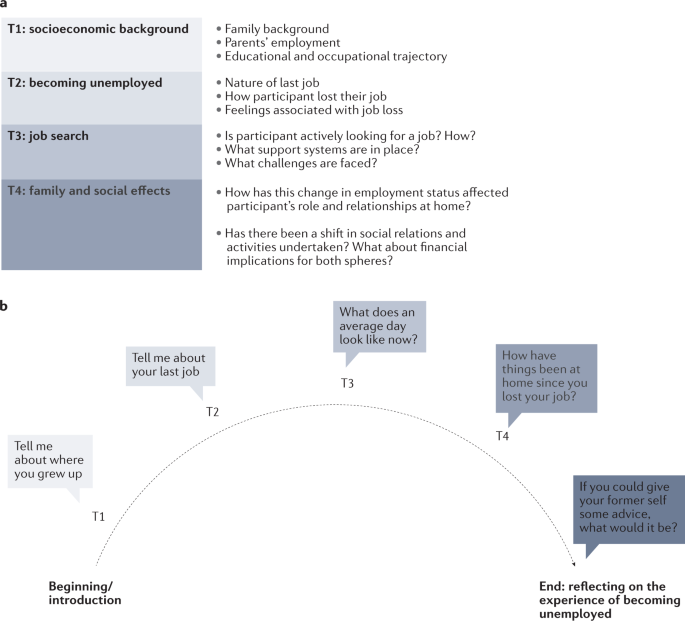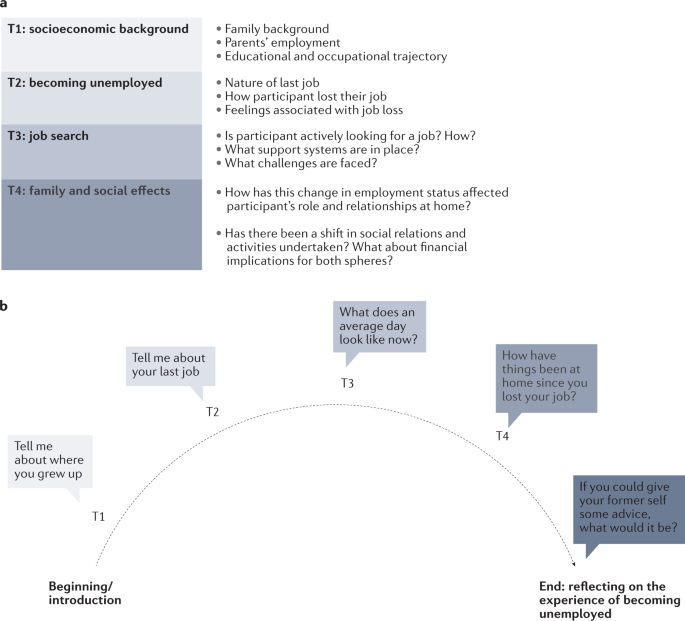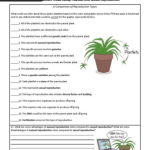Asking and Answering Questions About Nature: A General Process Used by Scientists
We’re surrounded by nature, and yet, how often do we stop to think about the intricate web of relationships between living organisms and their environments? The natural world is full of mysteries waiting to be uncovered, and scientists are constantly seeking answers to some of life’s most pressing questions. In this blog post, we’ll delve into the process of asking and answering questions about nature, a crucial step in advancing our understanding of the world around us.
Why Does it Matter?
In today’s rapidly changing environment, it’s more important than ever to understand how human activities impact the natural world. By asking and answering questions about nature, scientists can help us make informed decisions about conservation efforts, climate change mitigation strategies, and sustainable resource management practices. Moreover, this process is essential for developing new technologies, medicines, and innovations that rely on our understanding of the complex interactions within ecosystems.
The Process Begins: Formulating Questions
So, how do scientists get started? The journey begins with a simple yet powerful question. This inquiry-driven approach is at the heart of scientific inquiry, where researchers seek to understand phenomena that have puzzled them or sparked their curiosity. For instance, consider the question “What factors contribute to the decline of bee populations?” This inquiry might lead a scientist to investigate the relationships between pesticide use, habitat destruction, and climate change.
By formulating specific, testable questions, scientists can create a framework for gathering data, designing experiments, and analyzing results. This process not only helps them refine their understanding of nature but also fosters critical thinking, creativity, and problem-solving skills.

The Process Continues: Gathering Information and Hypothesizing
Now that scientists have formulated a question, the next step is to gather information and form hypotheses. This involves conducting a thorough literature review, consulting with experts, and observing patterns or anomalies in data. The goal is to identify potential explanations for the phenomenon being studied.
A great example of this process is the discovery of dark matter. Astronomers began by asking questions about the observed rotation rates of galaxies and the way they move. They then gathered data on galaxy rotation curves, star formation rates, and galaxy interactions. From this information, scientists hypothesized the existence of an unseen mass, which we now know as dark matter.
Hypotheses are important because they provide a framework for designing experiments and collecting data. By testing these hypotheses, scientists can refine their understanding of nature and identify areas that require further investigation.
Data Collection: The Foundation of Scientific Inquiry
Data collection is a crucial aspect of the scientific process. It involves gathering information through various methods such as observations, measurements, experiments, and surveys. The quality and accuracy of the data determine the validity of the conclusions drawn from it.
Consider the example of climate change research. Scientists collect data on temperature fluctuations, sea-level rises, and changes in ice coverage to understand the impact of human activities on the environment. This information helps policymakers develop informed strategies for reducing emissions and mitigating the effects of climate change.
Learn more about NASA’s Earth science researchFrom Hypotheses to Conclusions: The Analysis and Interpretation of Data
The final step in the process is analyzing and interpreting data. This involves using statistical methods, mathematical models, and visualization tools to identify patterns, trends, and correlations. Scientists then use this information to draw conclusions about their hypothesis or research question.
Take, for instance, the study of antibiotic resistance in bacteria. By analyzing the genetic makeup of different bacterial strains and tracking the spread of resistant bacteria, scientists can develop targeted treatment strategies and predict future resistance patterns.
A Continuous Process: Asking and Answering Questions About Nature
The process of asking and answering questions about nature is not a one-time event. It’s an ongoing cycle that drives scientific discovery and innovation. As new data emerges, scientists revisit their hypotheses and refine their understanding of the natural world.
Unlock the Secrets of Nature
Get expert insights and answers to your questions about nature, technology, and more.
Start chatAsking and Answering Questions About Nature: A General Process Used by Scientists
We’re surrounded by nature, and yet, how often do we stop to think about the intricate web of relationships between living organisms and their environments? The natural world is full of mysteries waiting to be uncovered, and scientists are constantly seeking answers to some of life’s most pressing questions. In this blog post, we’ll delve into the process of asking and answering questions about nature, a crucial step in advancing our understanding of the world around us.
Why Does it Matter?
In today’s rapidly changing environment, it’s more important than ever to understand how human activities impact the natural world. By asking and answering questions about nature, scientists can help us make informed decisions about conservation efforts, climate change mitigation strategies, and sustainable resource management practices. Moreover, this process is essential for developing new technologies, medicines, and innovations that rely on our understanding of the complex interactions within ecosystems.
The Process Begins: Formulating Questions
So, how do scientists get started? The journey begins with a simple yet powerful question. This inquiry-driven approach is at the heart of scientific inquiry, where researchers seek to understand phenomena that have puzzled them or sparked their curiosity. For instance, consider the question “What factors contribute to the decline of bee populations?” This inquiry might lead a scientist to investigate the relationships between pesticide use, habitat destruction, and climate change.
By formulating specific, testable questions, scientists can create a framework for gathering data, designing experiments, and analyzing results. This process not only helps them refine their understanding of nature but also fosters critical thinking, creativity, and problem-solving skills.
The Process Continues: Answering Questions
Now that we’ve discussed the importance of asking questions about nature, let’s explore how scientists go about answering these inquiries. The process involves collecting data through observations, experiments, or simulations, analyzing the results to identify patterns and trends, and drawing conclusions based on the evidence.
Social Learning, Critical Thinking, and Collaboration
Asking and answering questions about nature is not a solitary activity. Scientists engage in ongoing discussions, debates, and critiques with their peers, which leads to the refinement of theories and models. This process of social learning encourages critical thinking, creativity, and innovation.
Summarizing the Key Points
In summary, the process of asking and answering questions about nature involves:
- Formulating specific, testable questions that guide scientific inquiry
- Gathering data through observations, experiments, or simulations
- Analyzing results to identify patterns and trends
- Drawing conclusions based on the evidence
- Engaging in ongoing discussions, debates, and critiques with peers
Final Insights and Conclusion
The process of asking and answering questions about nature is a powerful tool for advancing our understanding of the world. By embracing this inquiry-driven approach, scientists can continue to uncover the secrets of nature, develop new technologies, and inform decision-making that benefits both humans and the environment.
As we look to the future, it’s clear that our ability to ask and answer questions about nature will be crucial in addressing some of the most pressing challenges facing our planet. Whether you’re a scientist or simply someone curious about the world around you, embracing this process can inspire a lifelong journey of discovery and exploration.
Say hello to the next generation of scientists, thinkers, and innovators – and let’s keep asking questions!
He is a fool and that should answer all your questions: Ever wondered what drives people to make foolish decisions? This thought-provoking article delves into the psychology behind impulsive choices, helping you better understand others (and maybe even yourself!).
1 urine protein: Understanding its significance: Did you know that a small amount of protein in your urine can indicate underlying health issues? Learn about the importance of monitoring this crucial biomarker and how to take control of your urinary health.




